Review and improve the scope of state secrets
National Assembly Deputy Thai Thi An Chung highly agreed with the direction of amending Article 7 of the draft Law, accordingly reviewing and adjusting to suit the industry and field after rearranging and streamlining the organizational apparatus; removing from the scope of state secrets public information in the process of socio- economic development, international integration and not needing protection according to the current list of state secrets.
.jpg)
Specifically, information such as "population", "people with revolutionary contributions", "gender equality", "children", "methods and secrets of creating and transmitting intangible cultural heritage", "methods and secrets of selecting and training coaches and athletes in high-performance sports ", "measures and secrets of restoring athletes' health after training and competition", "tactics in high-performance sports competitions", "information on heritage, antiquities, national treasures"... are completely reasonable to be removed from the list.
Delegates said that this is the right direction for amendment, contributing to ensuring transparency, avoiding the abuse of stamping confidential information on unnecessary information, while creating favorable conditions for press activities, the supervision work of the National Assembly, People's Councils and the implementation of people's legal right to access information.
Along with the narrowing, the draft also adds some important information to the scope of state secrets, in the fields of national defense, security, cryptography, foreign affairs and international integration, health, science - technology, economy, and culture.
Newly added information includes: logistics materials, key communication networks; foreign affairs programs of key leaders, senior leaders of the Party, State, and Vietnam Fatherland Front; quantity and value of national reserve goods managed by the Ministry of Public Security and the Ministry of National Defense; scientific and technological tasks of research on rare specimens and genetic resources of special importance to health and socio-economic development; plans and schemes to ensure security and safety of museums, libraries, and historical sites with disputes over national sovereignty; complicated situation of people freely migrating from abroad to Vietnam affecting national security, social order and safety; information on judicial assistance, judicial administration, state compensation affecting security and order; and international investment solutions and schemes.
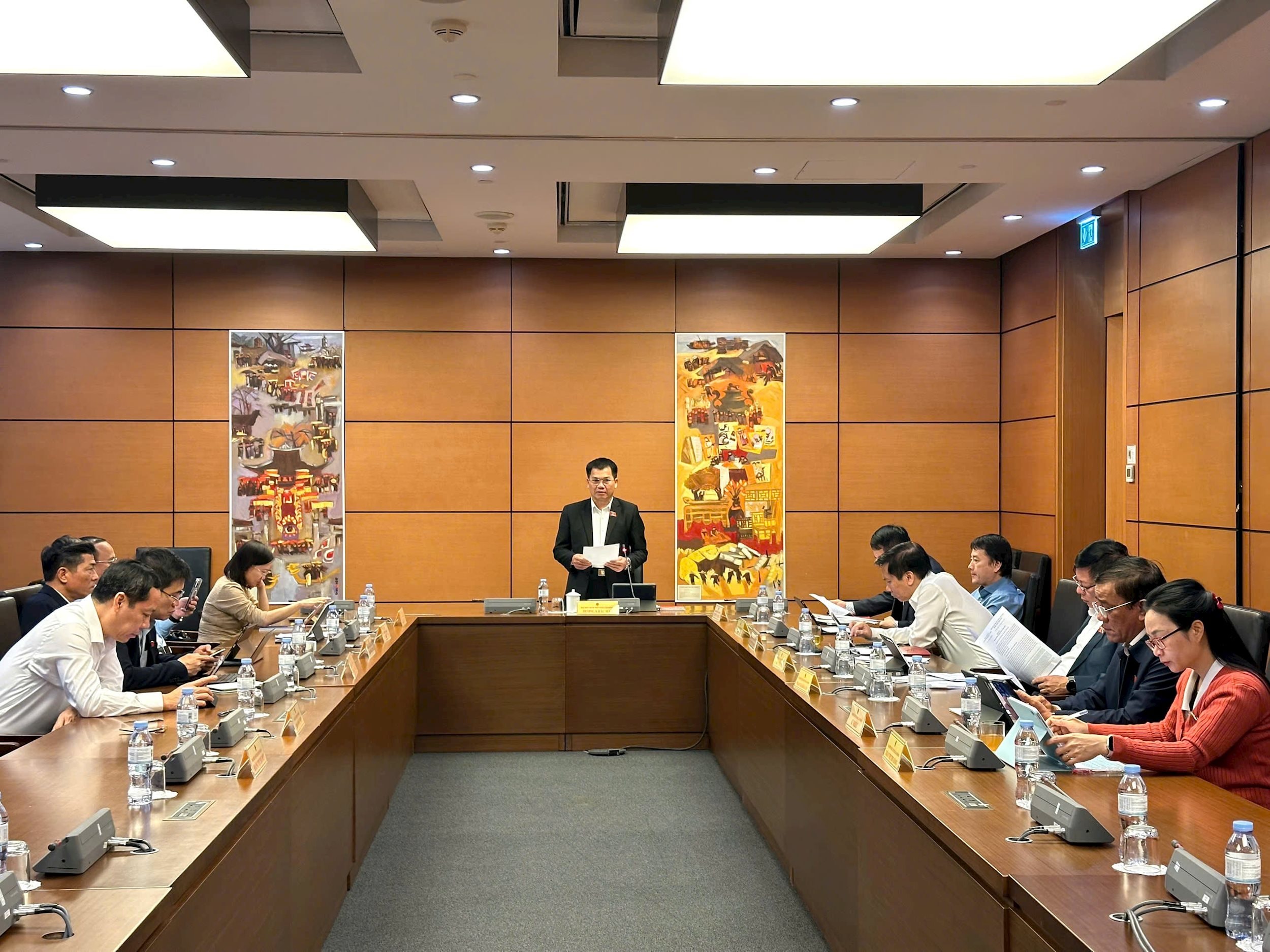
Delegate Thai Thi An Chung commented: the above-mentioned introduction and supplementation is necessary, demonstrating the scientific, practical, and comprehensive approach of the drafting agency, ensuring harmony between security requirements and the right to access information in the new context.
Ensuring consistency and improving enforcement
According to delegate Thai Thi An Chung, in Clause 5, Article 7 of the draft, the provision that “information on finance, budget, and banking is a state secret” is too broad. Pursuant to the State Budget Law, Articles 8 and 15 clearly stipulate the principles of publicity and transparency in budget management, and specifically list the mandatory contents such as estimates, final accounts, financial plans, budget implementation status, extra-budgetary financial funds, etc. The delegate suggested narrowing this scope, limiting it to information directly related to national defense, security, and foreign affairs.
Similarly, in Clause 13, Article 7, the draft stipulates that “information in the field of state audit” is a state secret. Delegates proposed more specific regulations, because according to the current State Audit Law, this agency is responsible for organizing the publication of audit reports, reports summarizing annual audit results, and reports on the implementation of audit conclusions and recommendations. Therefore, only contents related to national defense and security or not yet officially announced need to be kept confidential; and reports that have been made public according to regulations should not be classified as state secrets.
In addition, delegates noted the need to specify the content in Clause 6, Article 7 on information in the field of natural resources and environment, including content related to water resources, geology, minerals, meteorology, hydrology, land, sea and islands. These are fields with a very wide scope; if it is not clear which content is confidential, it will be difficult to apply consistently, easily leading to arbitrariness in stamping confidential.
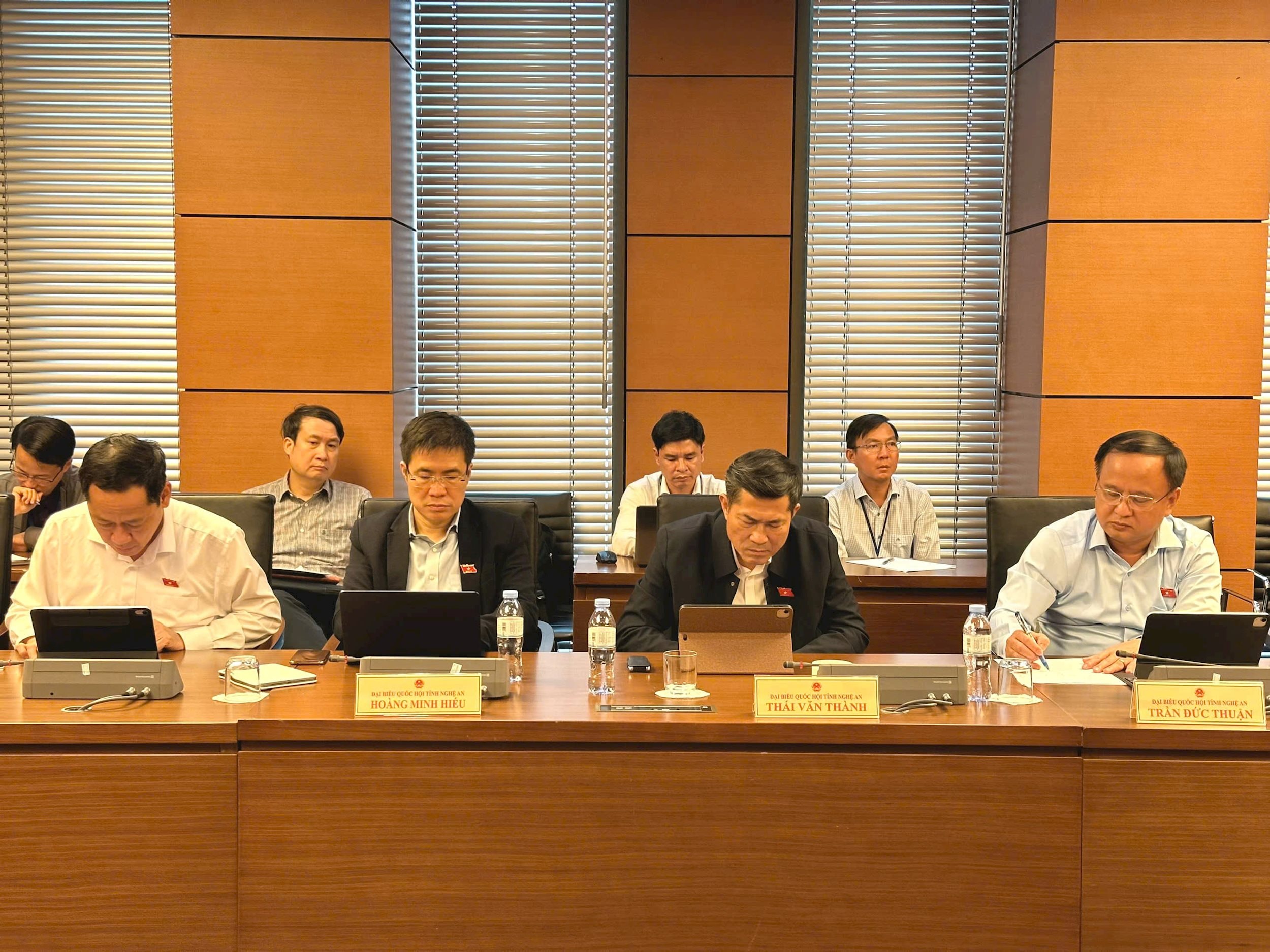
Regarding Article 9 of the draft regulation on the list of state secrets, which states “Based on Articles 7 and 8, the Prime Minister issues an administrative decision regulating the list of state secrets”, delegate Thai Thi An Chung expressed concerns about the form of the document of the decision to promulgate the list. The delegate recommended that the drafting agency carefully study the Law on Promulgation of Legal Documents to clearly determine whether this Decision is an administrative document or a legal document, in order to ensure legality, consistency in application and handling of violations.
Regarding the law's effective date, the delegate commented: the draft has not yet specified a specific date. To ensure consistency with recently enacted laws, the delegate proposed that the effective date should be determined from July 1, 2026 - a familiar date in new laws. In case it can be promulgated earlier, the drafting agency should consider and submit a specific plan for the National Assembly to consider and decide.
Source: https://daibieunhandan.vn/can-balance-giua-bao-ve-bi-mat-nha-nuoc-va-bao-dam-quyen-tiep-can-thong-tin-10393845.html




![[Photo] Prime Minister Pham Minh Chinh attends the 5th National Press Awards Ceremony on preventing and combating corruption, waste and negativity](https://vphoto.vietnam.vn/thumb/1200x675/vietnam/resource/IMAGE/2025/10/31/1761881588160_dsc-8359-jpg.webp)
![[Photo] Da Nang: Water gradually recedes, local authorities take advantage of the cleanup](https://vphoto.vietnam.vn/thumb/1200x675/vietnam/resource/IMAGE/2025/10/31/1761897188943_ndo_tr_2-jpg.webp)


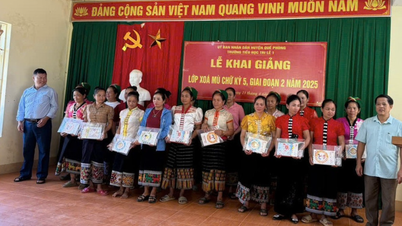

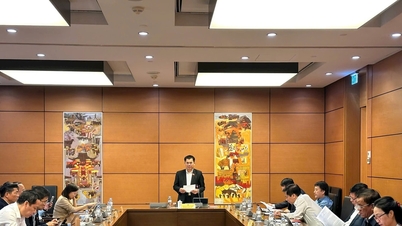
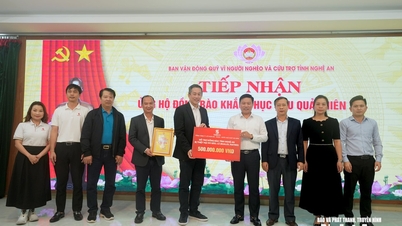

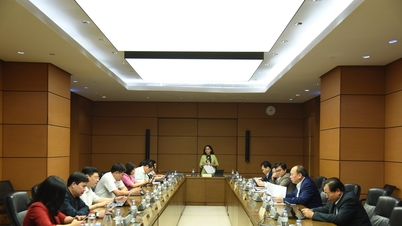
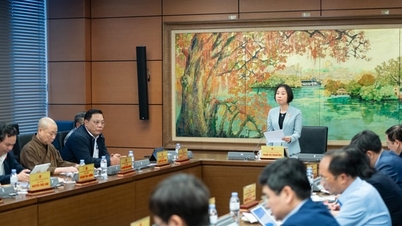

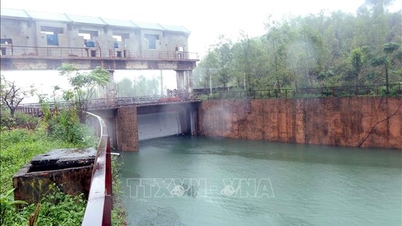
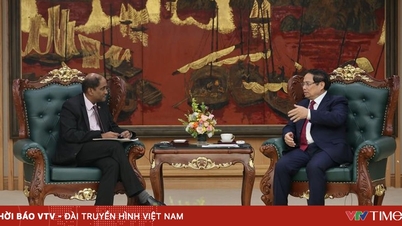

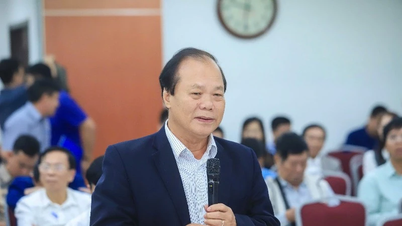

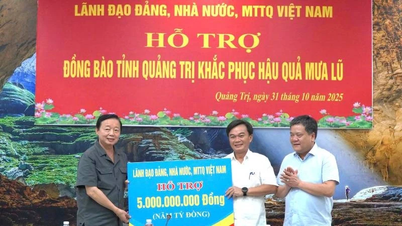
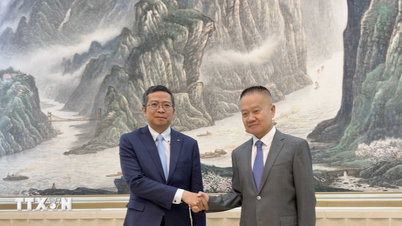


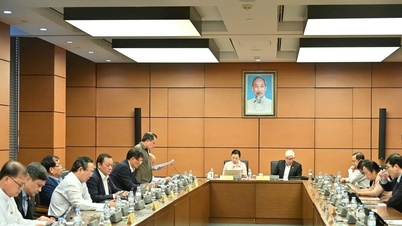




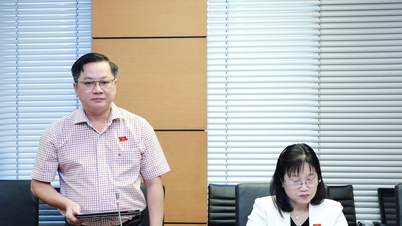
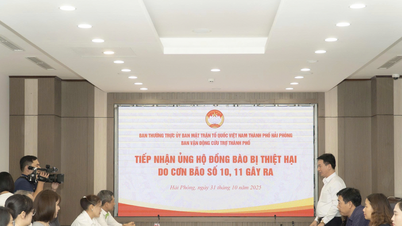
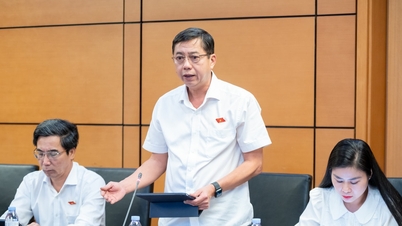
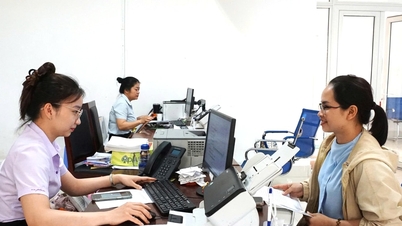
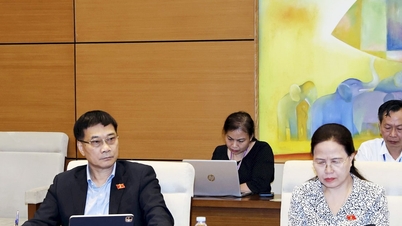
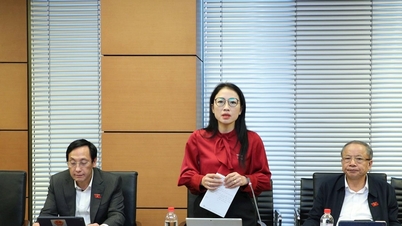



































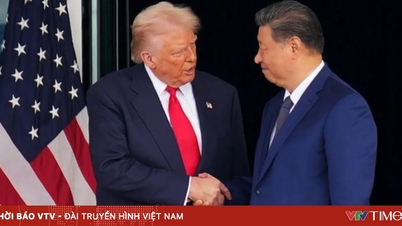
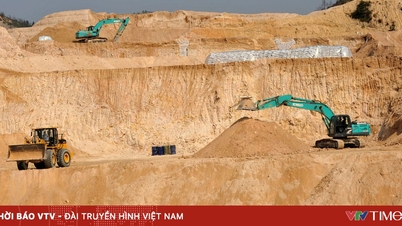
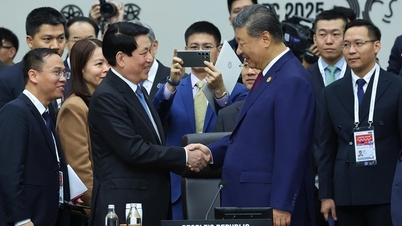
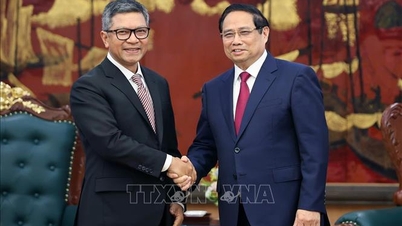
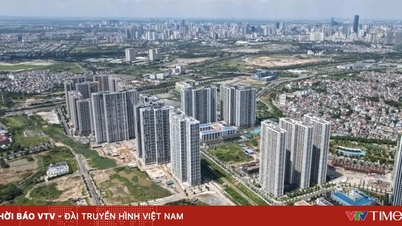





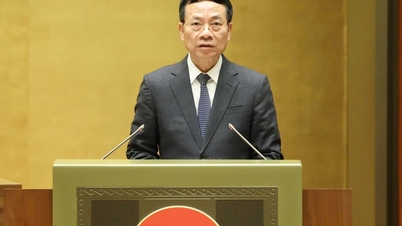
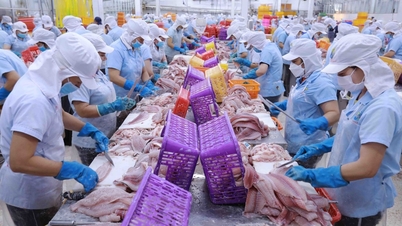
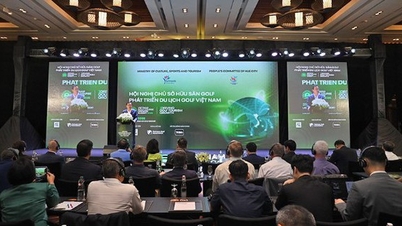




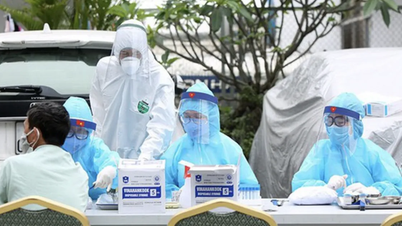
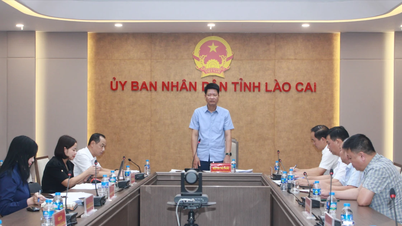

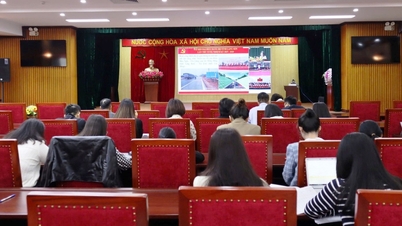















Comment (0)